How to Create a Pollinator-Friendly Garden in North Georgia
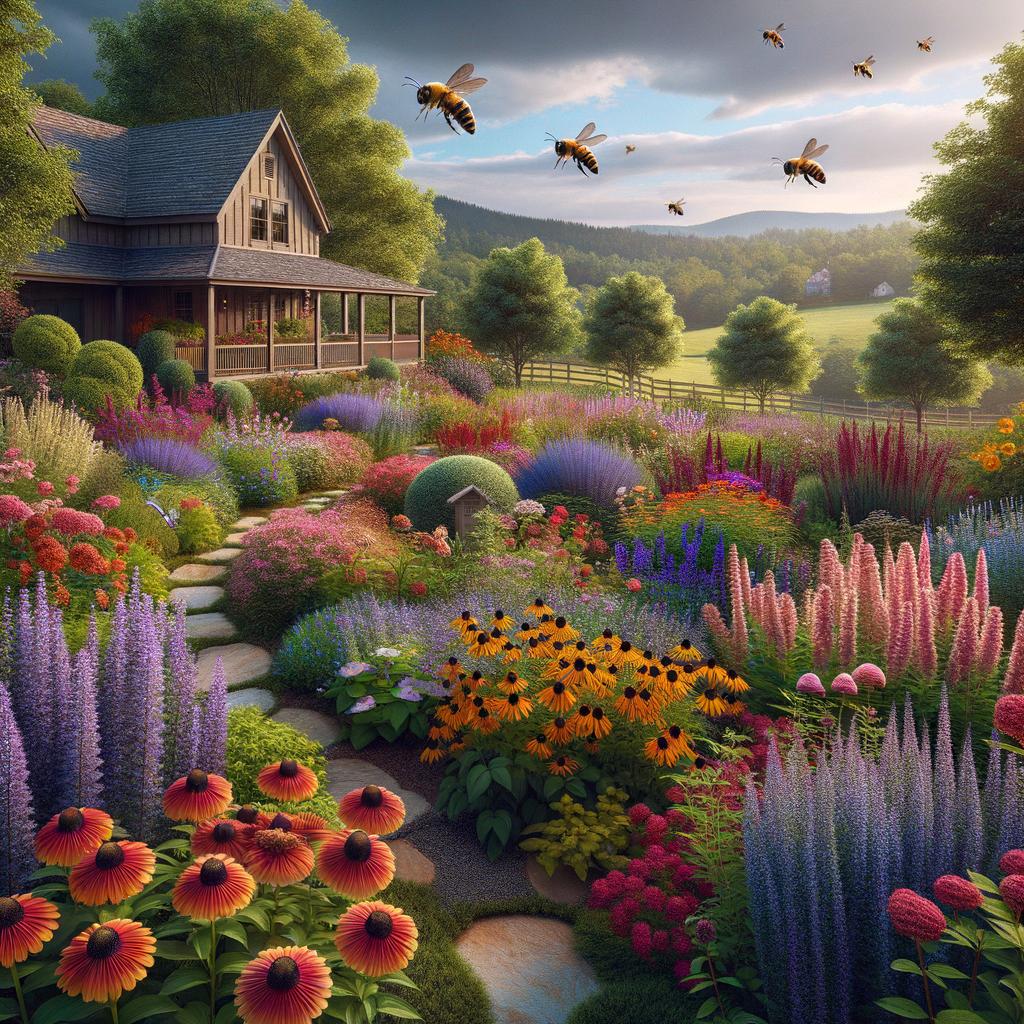
Introduction to Creating a Pollinator-Friendly Garden in North Georgia
Making your garden a haven for pollinators is not just a trend; it's an environmental imperative. North Georgia, blessed with diverse flora and fauna, provides the perfect backdrop for such gardens. In this post, we'll explore the steps to transform your backyard into a welcoming retreat for bees, butterflies, and moths, delve into the reasons for nurturing these vital creatures, and guide you through the distinct challenges and solutions related to North Georgia's unique climate.
Understanding Pollinators and Their Importance
Pollinators are the unsung heroes of our ecosystem, ensuring plant reproduction and crop production. They include not just bees, but also butterflies, bats, birds, and beetles. In North Georgia, these creatures are crucial for the health of both native and cultivated plants.
Why Pollinators Are Essential
Pollinators perform a key role in the ecosystem by transferring pollen necessary for fertilization, which leads to the development of seeds and fruits. This process directly impacts plant diversity, health, and our food supply. In North Georgia, pollinators support the local biodiversity and agricultural economy, making their conservation vital.
Threats Facing Pollinators
Unfortunately, pollinators face numerous threats including habitat loss, pesticides, diseases, and climate change. Each of these can reduce pollinator populations. In North Georgia, urbanization and intensive agriculture pose particular threats to their habitats.
Steps to Create a Pollinator-Friendly Garden
Choose Native Plants
Native plants are adapted to the local climate and soil conditions, making them easier to maintain and more attractive to local pollinators. In North Georgia, consider planting coneflowers, black-eyed Susans, and milkweeds.
Provide a Variety of Flowering Plants
Diversity in plant life ensures a steady food supply throughout different seasons. Choose plants that bloom at different times of the year to provide consistent nourishment for pollinators. Examples include violets in spring, sunflowers in summer, and asters in fall.
Avoid Pesticides
Chemical pesticides can be harmful to pollinators. Opt for organic gardening methods, employing biological pest controls and natural fertilizers to maintain a healthy, pollinator-friendly environment.
Provide Water Sources
Pollinators need water to survive. Create a shallow water source, such as a small birdbath or dish filled with stones for them to land on while drinking. Keep water sources fresh to prevent mosquito breeding.
Create Shelters and Nesting Sites
Offer shelter by incorporating dead wood, leaf litter, and small bushes. For bees, a bee hotel or bare patches of earth can provide nesting sites. Butterflies benefit from thick hedgerows or perennial grasses.
Gardening in North Georgia: Tips and Considerations
North Georgia's climate requires special consideration. Its varied topography and microclimates can impact plant selection and pollinator diversity. Here's a deeper dive:
Understanding the Climate
North Georgia experiences a humid subtropical climate with hot summers and mild winters. This climate supports a variety of plant species, although precise conditions can vary significantly based on elevation and proximity to mountains.
Soil and Water Management
Soil in North Georgia varies from acidic clay to loamy. Test your soil to determine the necessary amendments to support healthy plant growth. Water conservation should also be prioritized, using mulch and rainwater collection systems to ensure efficient watering.
Dealing with Indigenous Wildlife
While fostering a pollinator habitat, be mindful of local wildlife that might also visit your garden. North Georgia is home to deer and rabbits that might munch on your plants. Consider using natural deterrents or planting deer-resistant species.
FAQs on Pollinator-Friendly Gardens
What are the best plants for attracting pollinators in North Georgia?
The best plants include native species like Eastern red columbine, indigo bush, and Joe Pye weed, which are all highly attractive to local pollinators.
How does climate change impact pollinators in this region?
Climate change can alter blooming times and reduce plant diversity, impacting food availability for pollinators. It's crucial to support resilient ecosystems through diverse plantings.
Can I help pollinators in a small garden or balcony?
Absolutely! Even small spaces can become pollinator-friendly by using pots with native flowering plants and maintaining water sources.
Do pollinator gardens require a lot of maintenance?
Pollinator gardens require no more maintenance than typical gardens, possibly even less. Choose native and perennial plants, which tend to require less upkeep.
Conclusion
Creating a pollinator-friendly garden in North Georgia is both rewarding and necessary. By following these guidelines and continuously learning about your local ecosystem, you can contribute to the wellbeing of pollinators and enjoy a vibrant, flourishing garden. Embrace the change, and let your garden become a sanctuary of life, buzzing with activity and beauty for years to come.
Categories
- All Blogs (590)
- Achasta Golf Community (76)
- Cleveland, GA (43)
- Dacula, GA (43)
- Dahlonega GA (113)
- Dawsonville, GA (44)
- Gainesville, GA (45)
- Gold Peach Realty (5)
- Helen, GA (44)
- Home Buying Tips (17)
- Home Décor And Interior Design (7)
- Home Improvement Tips (15)
- Home Selling Tips (20)
- Homes For Sale (45)
- Lake Lanier, GA (69)
- Local Events (13)
- Local Guides (17)
- Mortgage And Finance Tips (23)
- North Georgia (11)
Recent Posts
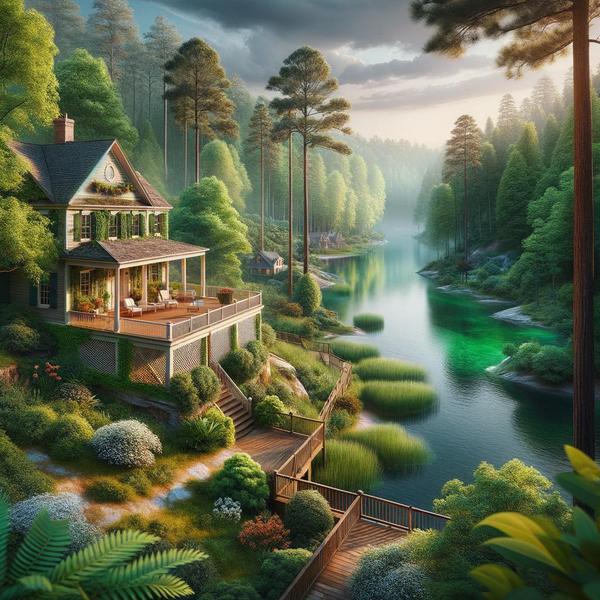

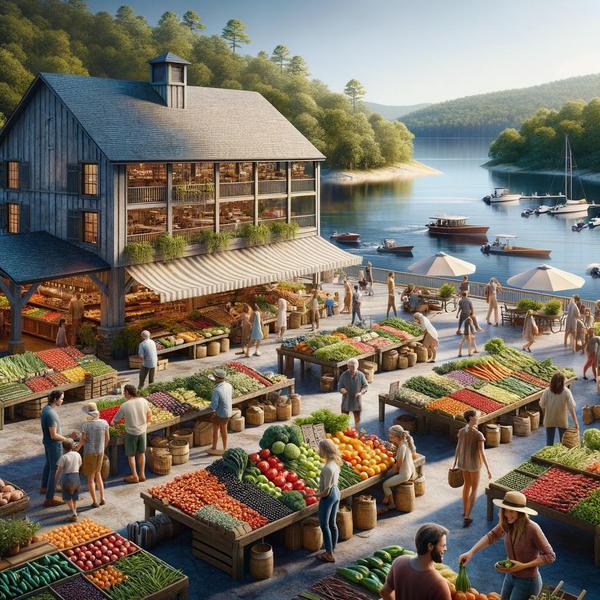
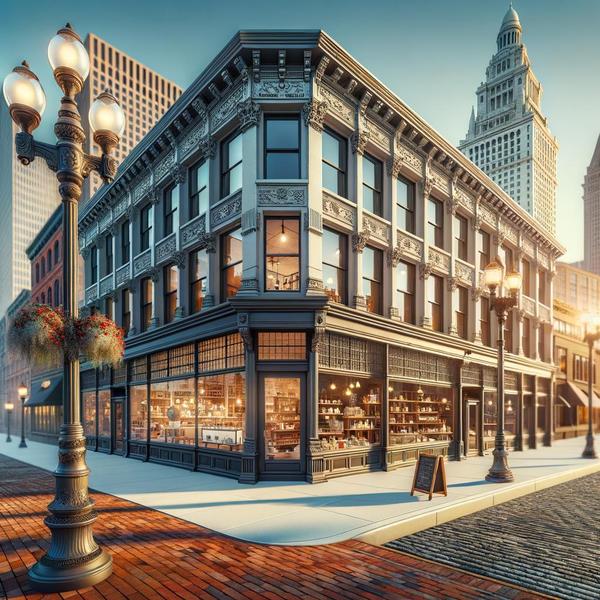

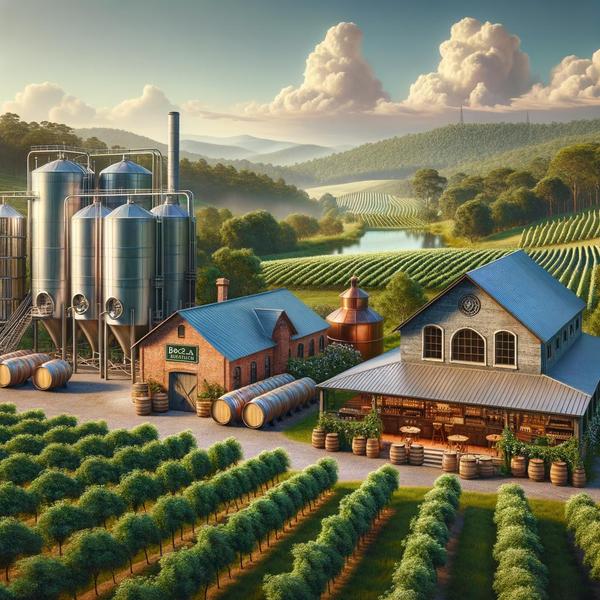
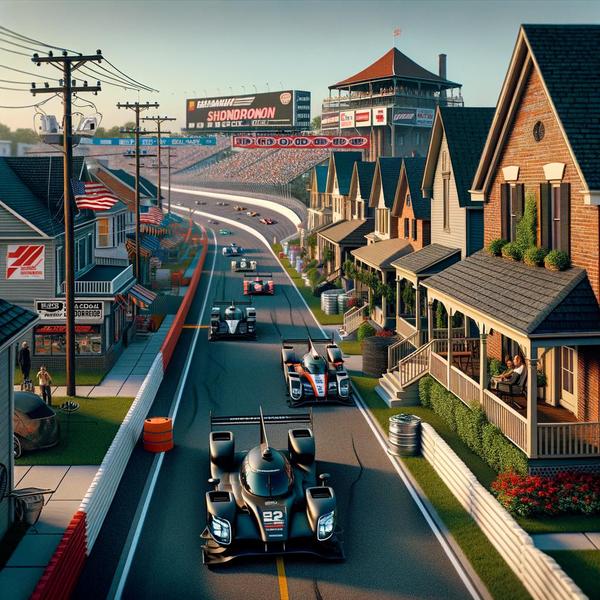



GET MORE INFORMATION

